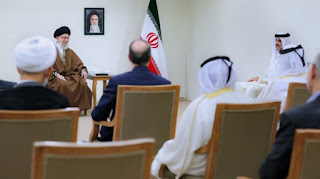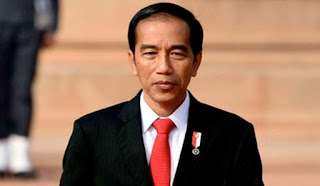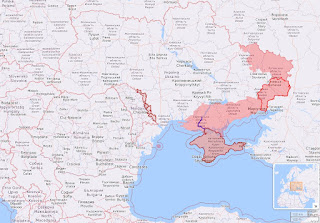
Tamim bin Hamad in Tehran: Foreign intervention in West Asia is rejected
The Emir of Qatar, Tamim bin Hamad Al Thani, discussed today with the Supreme Leader of Iran, Ali Khamenei, bilateral relations and regional and international issues.

Earlier today, the Emir of Qatar and Iranian President Ibrahim Raisi discussed bilateral relations in the fields of politics, economy and trade, and enhancing prospects for cooperation in the tourism, investment, transport and communications sectors.
In a press conference between Raisi and the Emir of Qatar, the former expressed his rejection of any form of foreign presence in the West Asian region, especially by Western powers.
"Such foreign presence does not bring security to the region, but on the contrary undermines it," he said, noting that "the leaders, officials and governments of the countries in the region should realize that any interference by foreign countries and representatives of the West harms regional security."
Regarding the Yemen file, Raisi said: "We affirm that the siege of Yemen must end and Yemenis must be given the opportunity to decide the fate of their country on their own."
According to Raisi, the situation in Afghanistan was also discussed with the Emir of Qatar, noting “the need for an inclusive government there, representing all ethnic groups and political movements, in order to ensure sustainable security in this country.”
According to the Iranian president, the visit of the Emir of Qatar will be a turning point in the relations between the two countries and will play an important role in developing regional and international cooperation.
For his part, the Emir of Qatar stressed that "the current problems in the region must be resolved through constructive dialogue," announcing the simplification of visa procedures for Iranian viewers interested in attending the 2022 World Cup in Qatar.
The Iranian president visited Doha last February, in light of the historical relations between the two countries, in contrast to Tehran's "strained" relations with some Gulf capitals.
At that time, the two countries signed 14 cooperation documents in the fields of aviation, trade, maritime, media, foreign policy, energy, metrology, culture and education.



























































